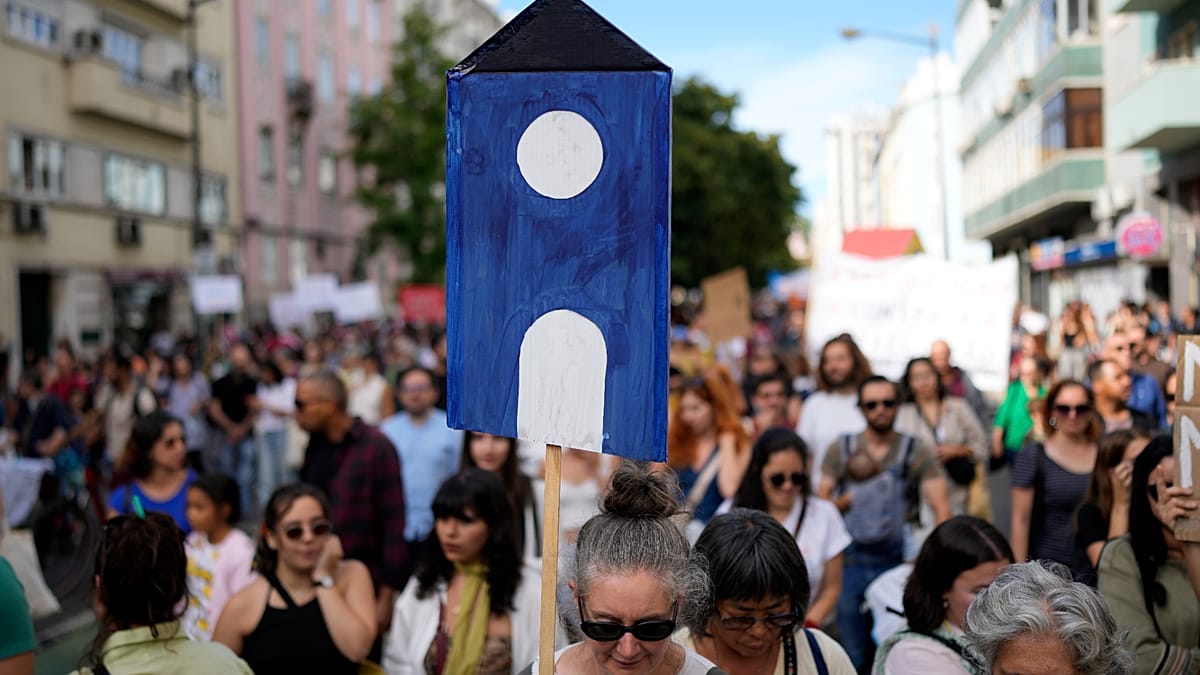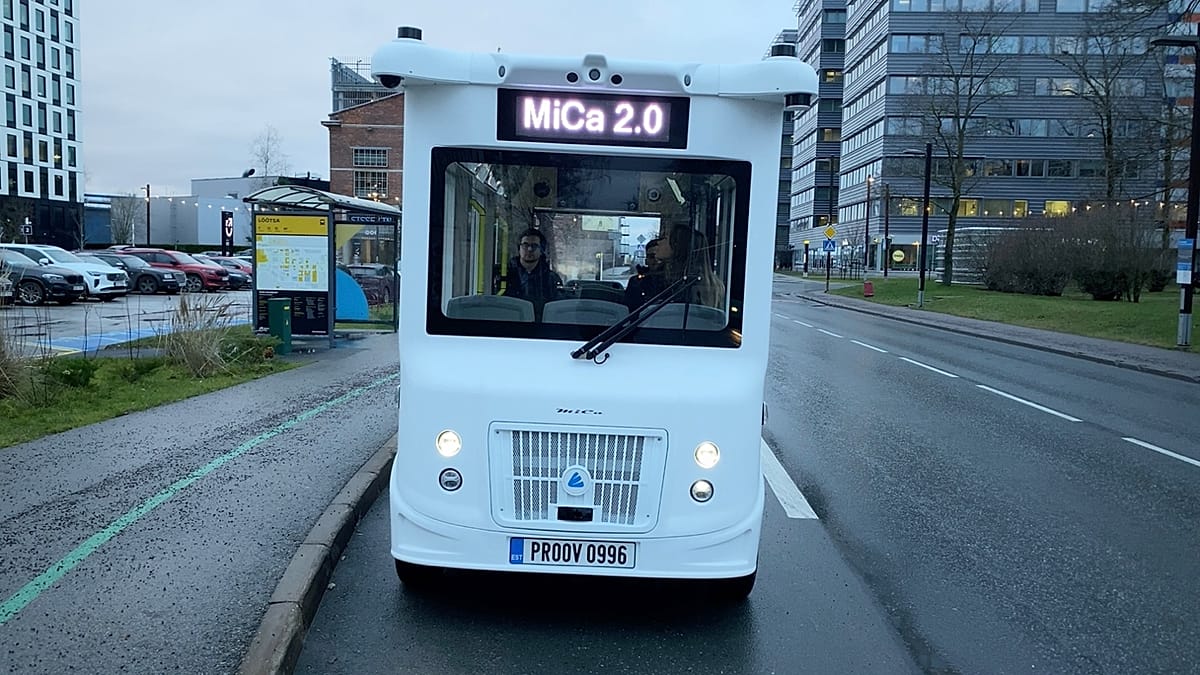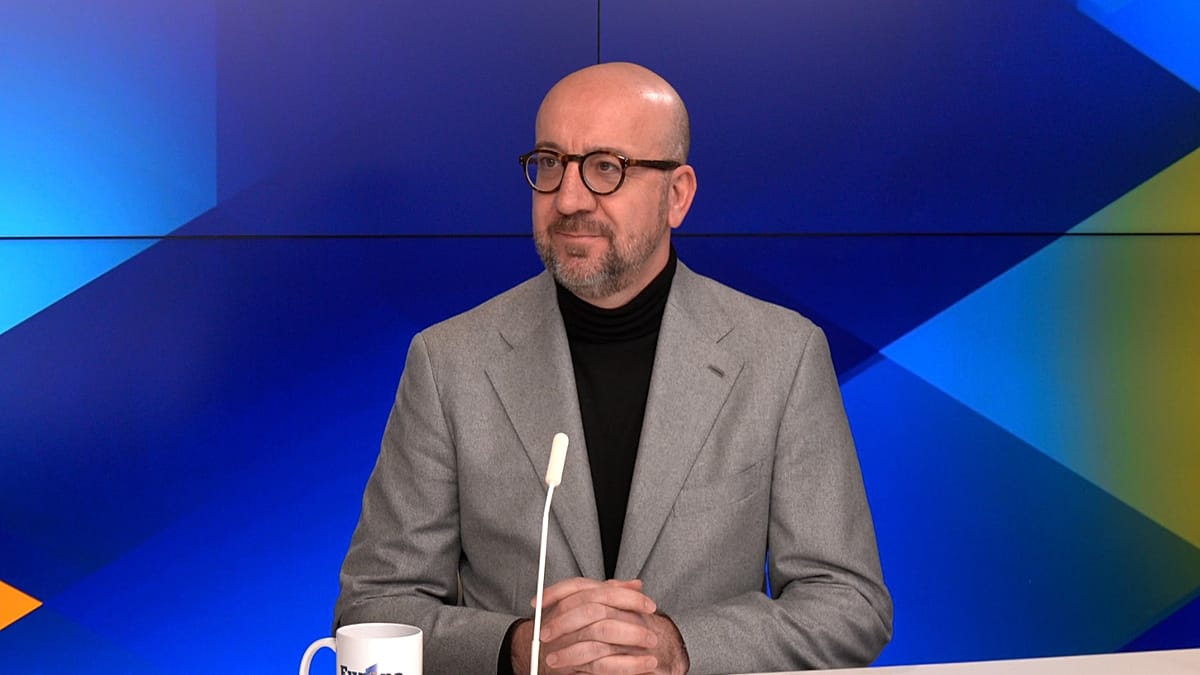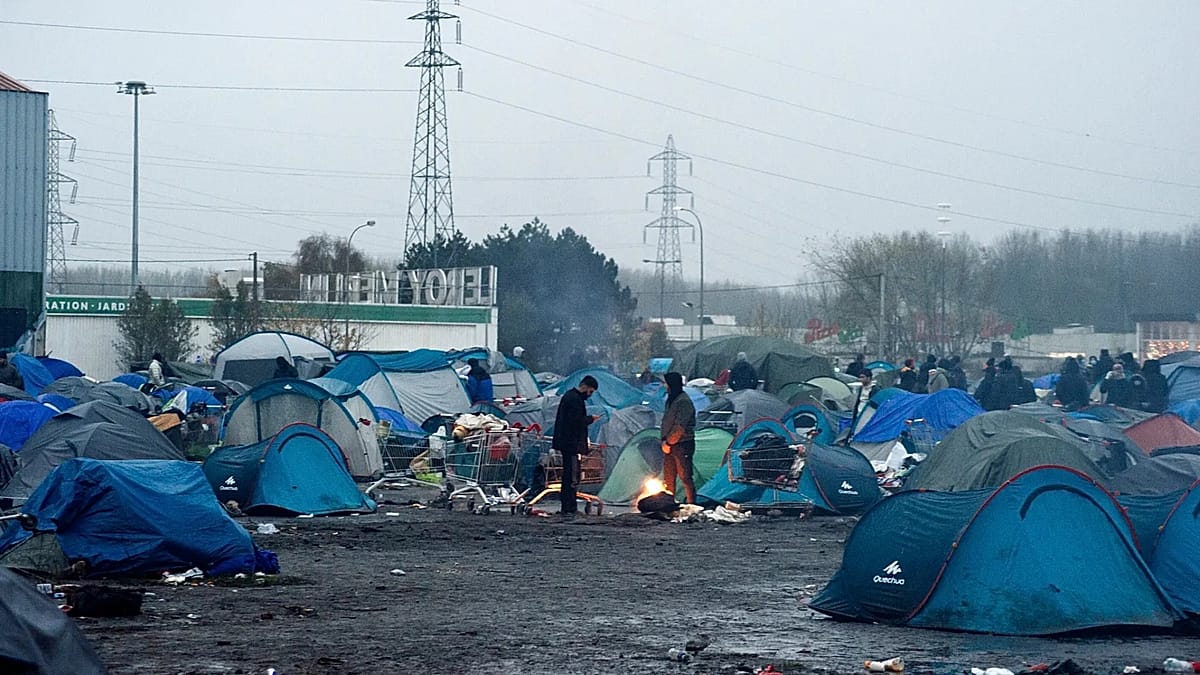
Brussels will relax “strict” state aid rules and provide EU funding to help member states increase affordable housing, Dan Jørgensen, the first-ever European Commissioner for Housing, said on Euronews’ flagship interview programme, The Europe Conversation.
“These rules refer to where the state can actually go in and support the building of new affordable housing or social housing,” Jørgensen explained.
“We have to admit that in the situation that we’re in now and the way the rules are now, they are way too strict,” he added. “So, we need to transform them.”
The EU Treaty prohibits state aid unless it is considered as necessary for economic development, so Brussels wants to change existing rules to make it possible for member states to support affordable housing “in a faster and simpler way”.
Jørgensen noted that, when meeting local authorities in European towns and cities, many people bring up these “stringent rules” on state aid as a key concern.
“Some might question why the EU even has a say on what goes on in a member state. But this is because of the internal market. It makes sense that we have rules for what you can support and not support.”
This issue will be tackled by the EU Affordable Housing Plan, which the EU Executive is expected to present in December. It will complement national efforts and make it easier for member states to build affordable and social housing.
The plan is expected to be a mix of non-binding initiatives and legislative proposals, such as the Construction Services Act and new rules on short-term rentals.
Holistic approach needed
From 2010 until the second quarter of 2025, rents increased by nearly 29% and house prices by over 60% in the EU — increases that led many citizens from Lisbon to Barcelona and Copenhagen to protest for better living standards.
Construction costs have also risen dramatically, by up to 48% between 2010 and 2023.
“The crisis has reached a point that people with normal jobs and normal incomes are no longer able to live in many cities because it’s a bit too expensive,” Jørgensen stressed.
“I wish we were not in a housing crisis, but unfortunately, we are, so we need to do more to rectify that situation,” the Danish Commissioner added.
Jørgensen acknowledged that the current housing crisis is multifaceted and requires a “holistic” approach, including an increase in supply of affordable housing and investments, and the loosening of EU state aid rules.
“If we are to solve the housing problems, we have to look at investments, energy, social policies, internal market policies, and state aid rules,” Jørgensen argued. “If we don’t do that, then I fear we will not solve the problem.”
Until now, housing policy has been handled entirely by national, regional, and local authorities. But with housing becoming a major issue in elections across the EU, Brussels now recognises it as a European problem that needs a European solution. This spurred the appointment of the first EU housing commissioner.
By 2026, Brussels will also propose a new initiative to tackle the problem of short-term rentals such as Airbnb or Booking.com.
“Tourism is a good thing, but it’s not good if it actually feels like it’s ruining the lives of the people who live in these cities,” Jørgensen stressed, pointing to how the increase of these platforms has led to a significant rise in housing prices.
The so-called “financialisation of the sector” will also take centre stage in Brussels’ plans to tackle the housing crisis, the European Commissioner said. “There’s a lot of speculation, and housing is considered by many investors as a commodity”.
“I don’t mind people making money, but we also have to acknowledge that when that is the case, then maybe the investments that are being made don’t necessarily lead to the best result for society as a whole,” Jørgensen concluded.
Watch the full interview on The Europe Conversation, Friday 28 November at 17:30 CEST.









